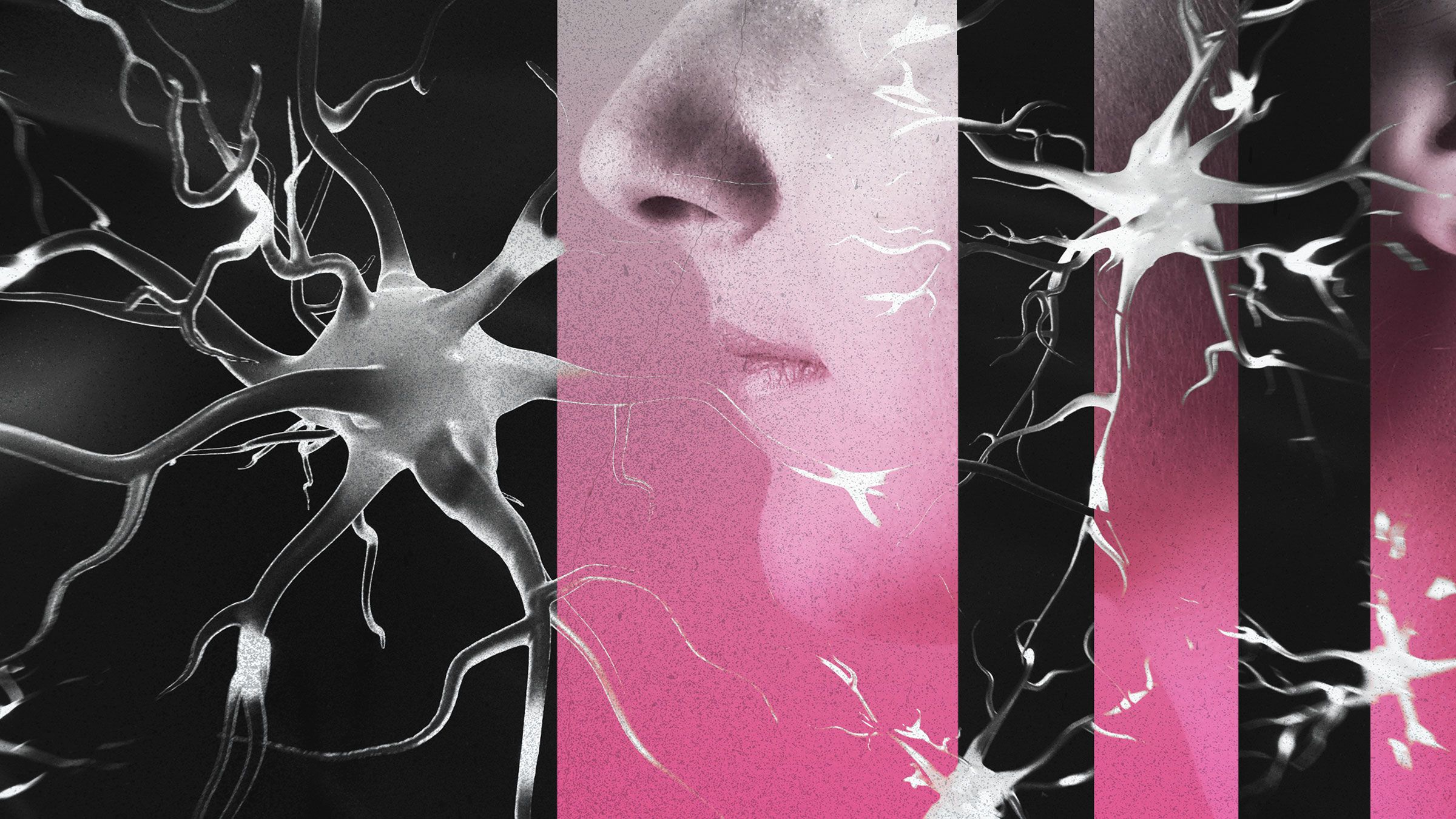A Key to Detecting Brain Disease Earlier Than Ever
A Key to Detecting Brain Disease Earlier Than Ever
Recent advancements in medical technology have revolutionized the way brain diseases are diagnosed and treated. One of the…

A Key to Detecting Brain Disease Earlier Than Ever
Recent advancements in medical technology have revolutionized the way brain diseases are diagnosed and treated. One of the breakthroughs that has enabled early detection of brain disorders is the use of imaging techniques such as MRI and PET scans.
By analyzing the images produced by these scans, doctors can now identify abnormalities in the brain that may be early indicators of diseases like Alzheimer’s or Parkinson’s. This early detection can lead to timely interventions that can help slow down the progression of the disease and improve the patient’s quality of life.
In addition to imaging techniques, researchers are also exploring the use of blood tests and genetic markers as potential tools for detecting brain diseases at early stages. These non-invasive methods could provide valuable insights into a person’s risk for developing neurodegenerative disorders long before symptoms appear.
Early detection of brain diseases is crucial for improving patient outcomes and reducing healthcare costs. By catching these conditions in their early stages, healthcare providers can implement targeted treatments and therapies that are more effective than waiting until the disease has progressed to a more advanced stage.
Ultimately, the key to detecting brain diseases earlier than ever lies in a combination of advanced imaging techniques, biomarker analysis, and genetic testing. With ongoing research and technological advancements in the field of neurology, the future holds promising possibilities for early intervention and improved outcomes for patients with brain disorders.






